Common Uses For Cloves – How To Use Cloves From Your Garden
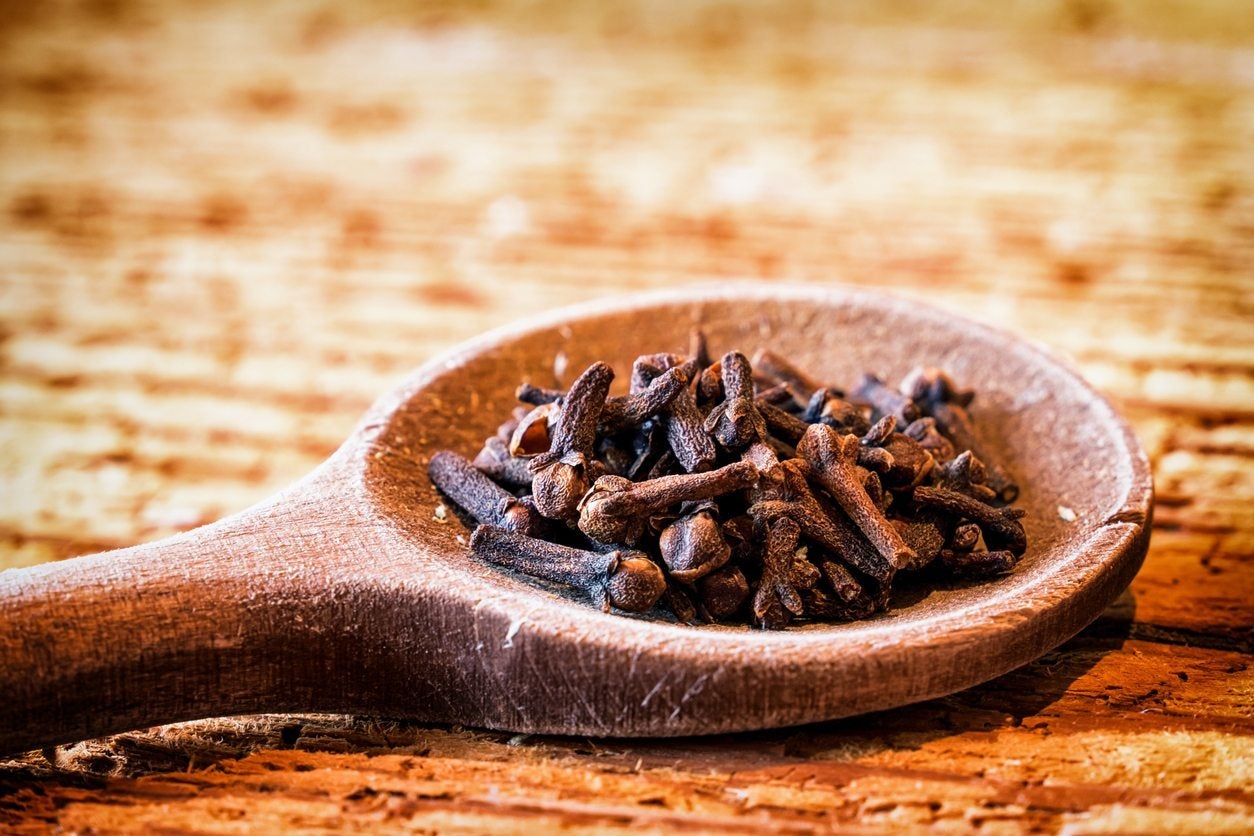

If you’re lucky enough to have a clove tree in your yard, you can harvest and use your own cooking and medicinal spice. In the store you can buy whole or ground cloves, but if you have them right in your backyard, why not skip the store. Here are some ideas for what to do with your backyard cloves.
What are Cloves?
Clove tree uses range from basic gardening and landscaping uses to actually harvesting and cooking with your cloves. You can even use cloves medicinally. The clove tree, Syzgium aromaticum, is an evergreen tree that is native to south Asia. It requires a lot of water and warm temperatures. The actual clove from the clove tree is the unopened bud of the flowers of the tree. They are harvested before they bloom and then are tried. They look like small nails and are hard but can be ground into a powder. Oil can also be extracted from cloves. Due to the high oil content, cloves need to be stored out of the light.
What to Do with Cloves in the Kitchen
The most common uses for cloves in the west are in cooking and holiday decorating. For instance, you can stud an orange with cloves at Christmas for a fragrant display. For cooking, you can use the whole cloves or ground cloves. When using whole cloves, you need to remove them from food before eating so that no one breaks a tooth. A great use of whole cloves is in making mulled wine or spiced cider. Heat and mull red wine or cider in a pan on the stove with cloves, cinnamon sticks, nutmeg, and allspice. Strain before drinking and you have a tasty, spicy seasonal drink. In foods, cloves taste great in pumpkin baked goods, molasses and gingerbread cookies, poached pears, and similar desserts. They also go well in meat dishes like honey-glazed ham or brined turkey.
How to Use Cloves Medicinally
Other uses for cloves are medicinal. Many of the medicinal uses for clove utilize clove oil, but whole cloves are often used to treat toothaches, simply by holding two or three in the mouth near the painful tooth. In addition to acting as an anesthetic, clove has anti-inflammatory and antiseptic properties. Although evidence from studies is limited, clove oil is sometimes used to treat upset stomach and indigestion, acne, and wounds. Clove tree uses are numerous, but it is also a lovely tree to have in the garden if you have the right conditions. Using the actual cloves from your tree is just a bonus.
Gardening tips, videos, info and more delivered right to your inbox!
Sign up for the Gardening Know How newsletter today and receive a free copy of our e-book "How to Grow Delicious Tomatoes".

Mary Ellen Ellis has been gardening for over 20 years. With degrees in Chemistry and Biology, Mary Ellen's specialties are flowers, native plants, and herbs.
-
 Looking For Plants To Give You The Soft And Fuzzies? Try These 5 Fuzzy Leaf Plant Options
Looking For Plants To Give You The Soft And Fuzzies? Try These 5 Fuzzy Leaf Plant OptionsLovers of texture, drama, silver foliage and tactile plants will adore these special sensory garden additions. These fuzzy leaf plant options will leave you all aglow
By Susan Albert
-
 Get Ready For A Summer Of Hummers! Grow These Full Sun Hummingbird Plants and Flowers
Get Ready For A Summer Of Hummers! Grow These Full Sun Hummingbird Plants and FlowersIf you’re lucky enough to enjoy a sunny backyard, make sure you are maxing out on your pollinator opportunities and grow these full sun hummingbird plants and flowers
By Tonya Barnett
-
Clove Tree Sumatra Info: Recognizing Sumatra Disease Of Cloves
Sumatra disease is a serious problem that affects clove trees, particularly in Indonesia. It causes leaf and twig dieback and will, eventually, kill the tree. Learn more about clove tree sumatra disease symptoms and how to manage and treat cloves with sumatra disease here.
By Liz Baessler
-
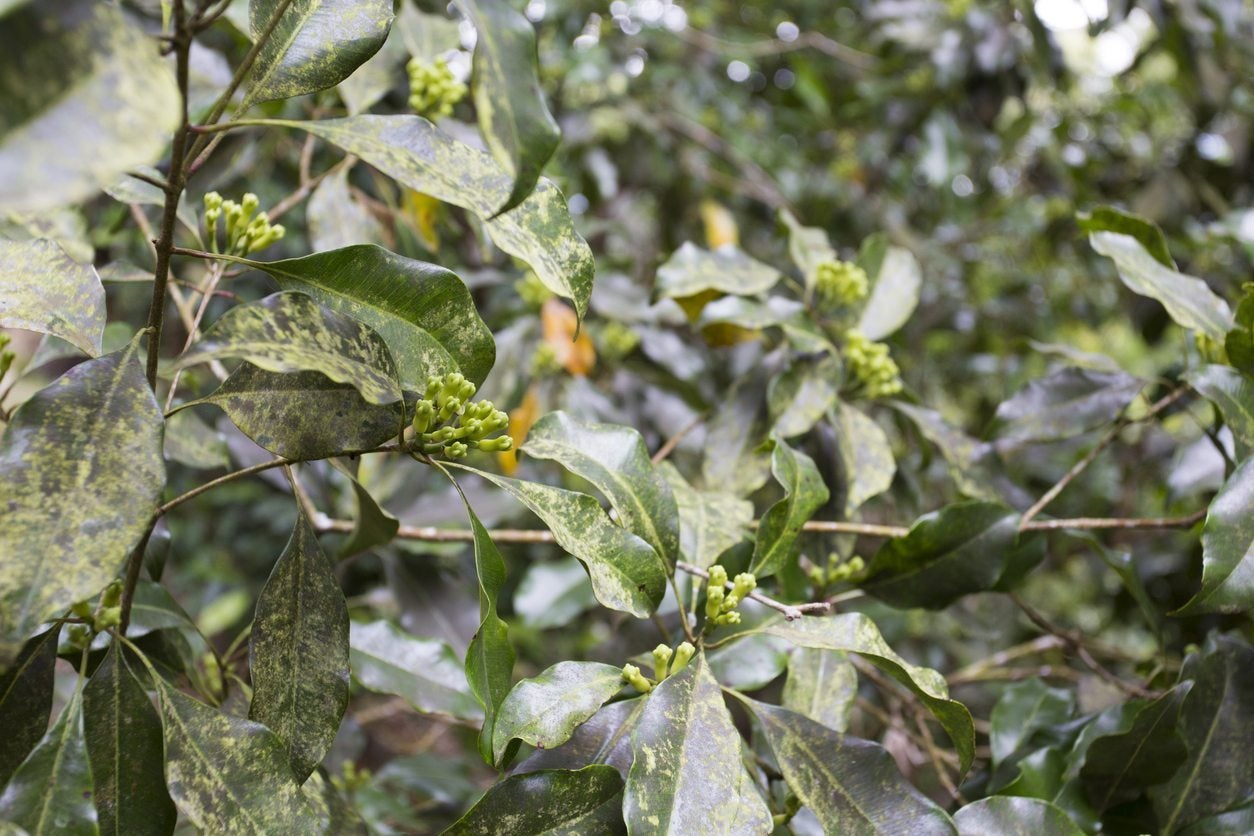 Common Clove Tree Issues – Managing Problems With Clove Trees
Common Clove Tree Issues – Managing Problems With Clove TreesDid you ever poke cloves into a baked ham for the holidays and wonder where they come from? They are unopened flower buds that grow on a clove tree. Before you plant a clove tree, you should learn a little about clove tree problems. This article will help with that.
By Teo Spengler
-
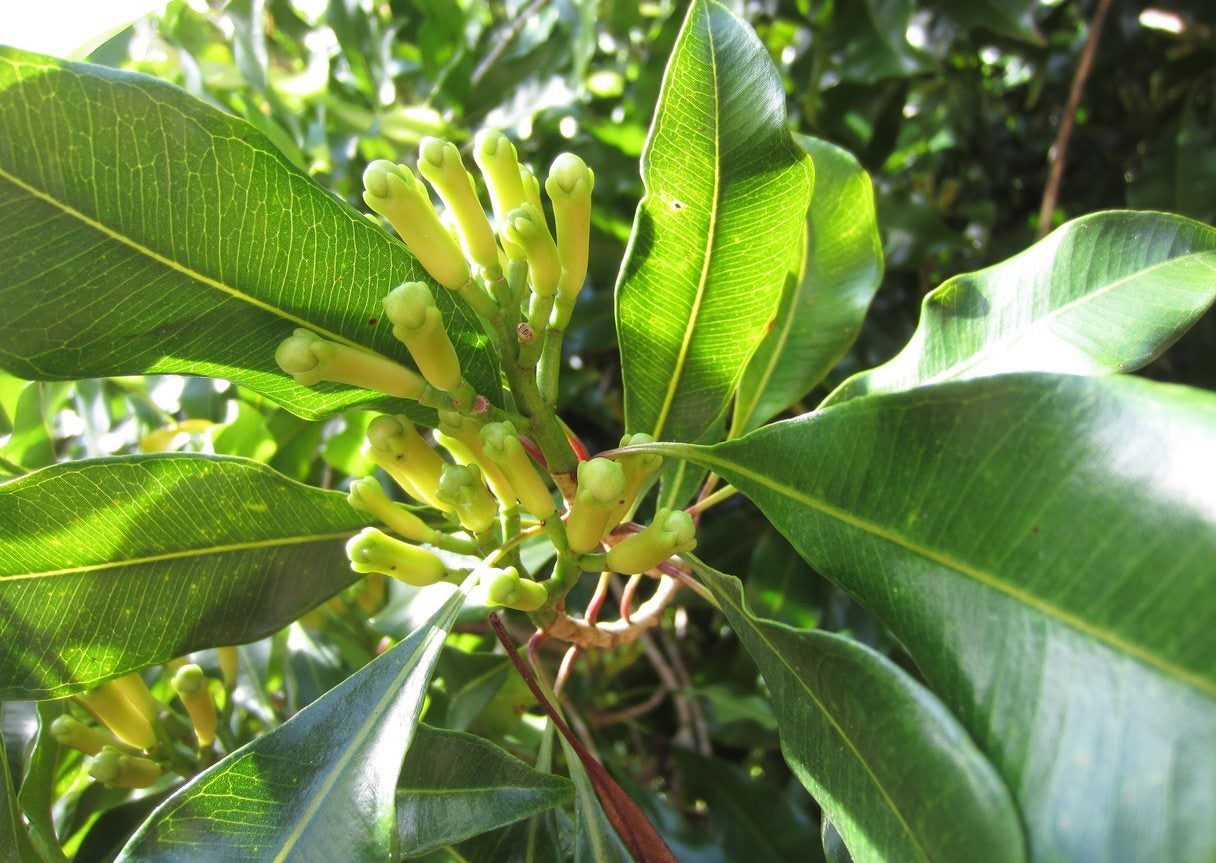 Can You Grow Cloves In Containers – How To Grow A Clove Tree In A Pot
Can You Grow Cloves In Containers – How To Grow A Clove Tree In A PotIt's tempting to want a clove tree of your very own, but their extreme sensitivity to cold makes them impossible for most gardeners to grow outdoors. Can you grow cloves in containers? Learn more about caring for container grown clove trees in this article.
By Liz Baessler
-
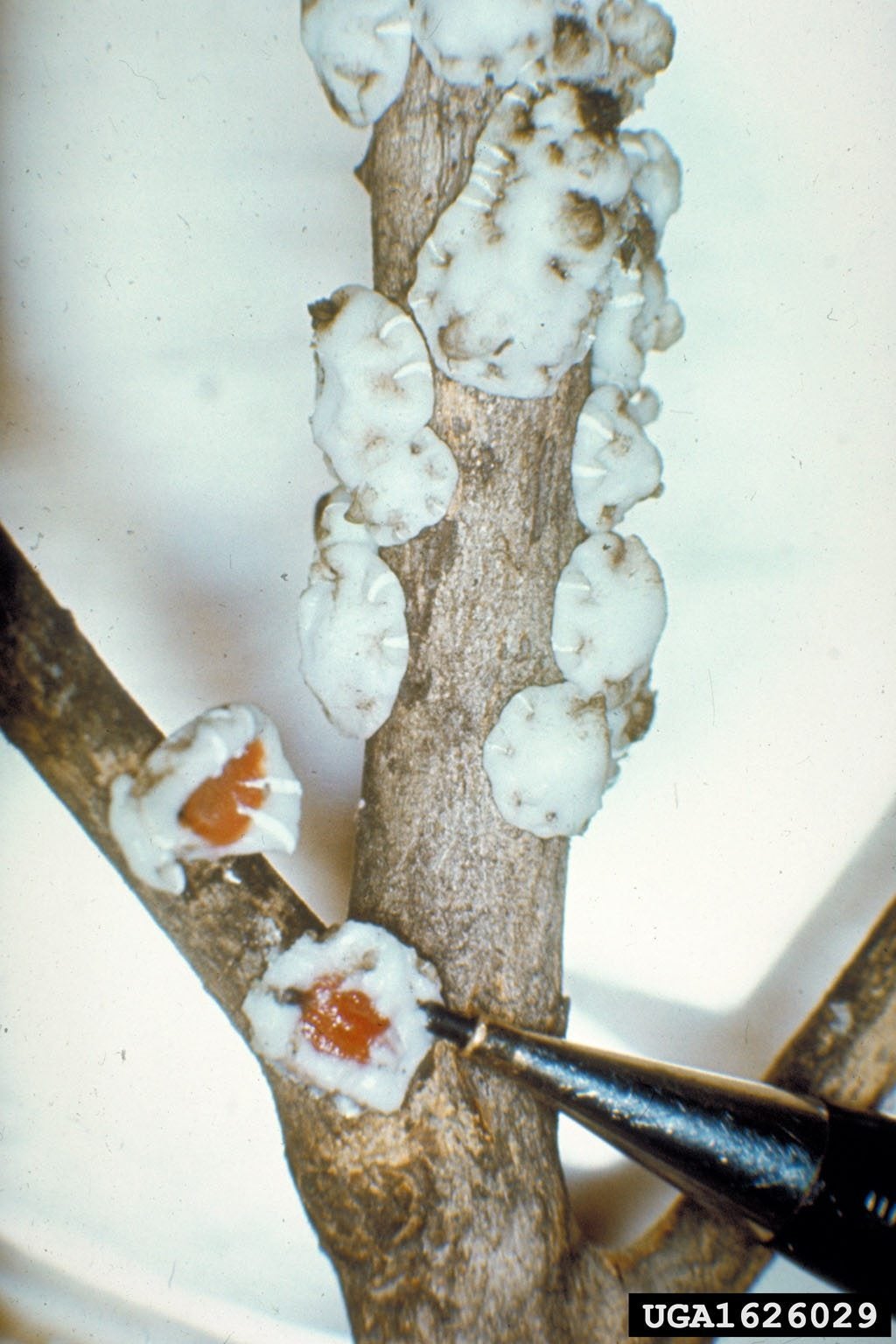 Clove Tree Pests: Controlling Pests On A Clove Tree
Clove Tree Pests: Controlling Pests On A Clove TreeClove trees (Syzygium aromaticum) are evergreens grown for their aromatic flowers. The clove itself is the unopened flower bud. A number of clove tree pests attack the plant. For more information about pests of clove trees, click this article.
By Teo Spengler
-
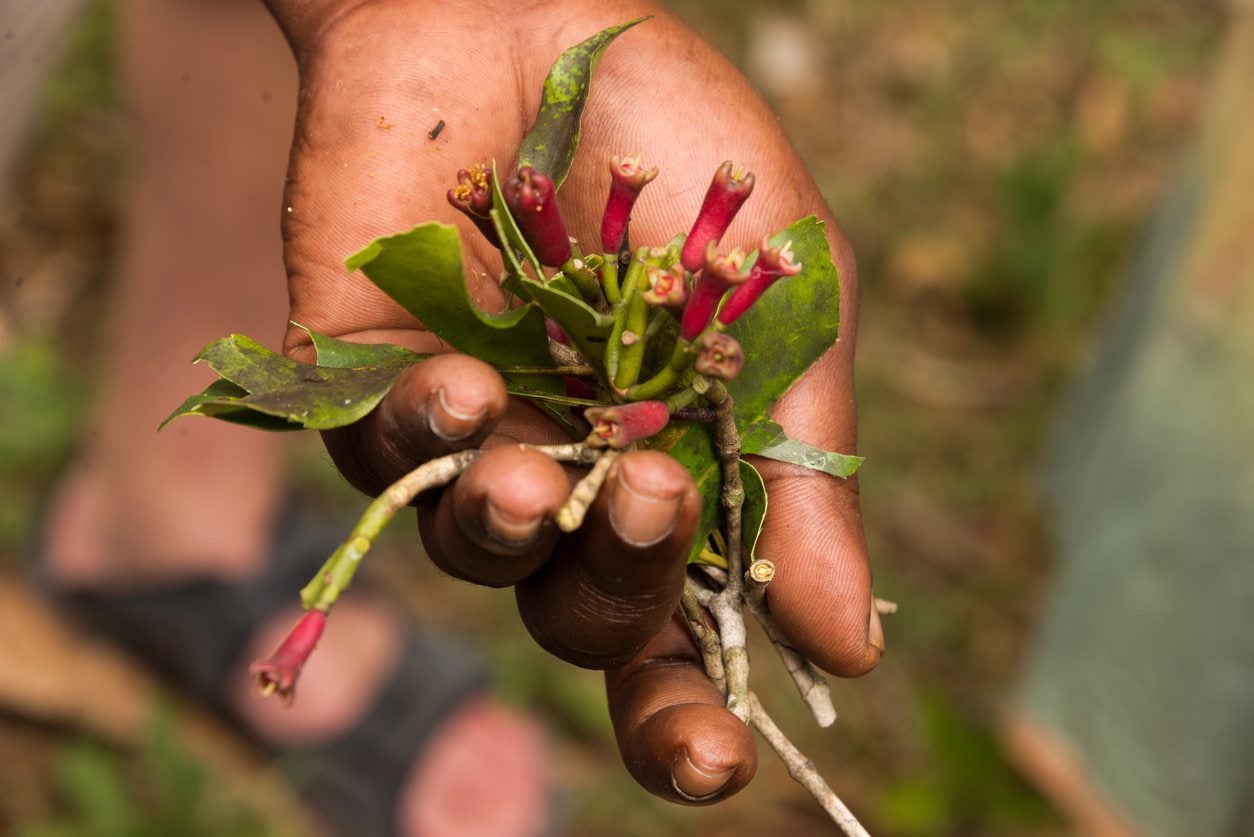 Clove Tree Propagation Tips – Methods For Propagating Clove Trees
Clove Tree Propagation Tips – Methods For Propagating Clove TreesWhile the spice is technically the plant's seed, you cannot buy a jar of cloves at the grocery store and plant them to grow a clove tree of your own. If you would like to know how to propagate a clove tree, click here for clove propagation methods and tips.
By Darcy Larum
-
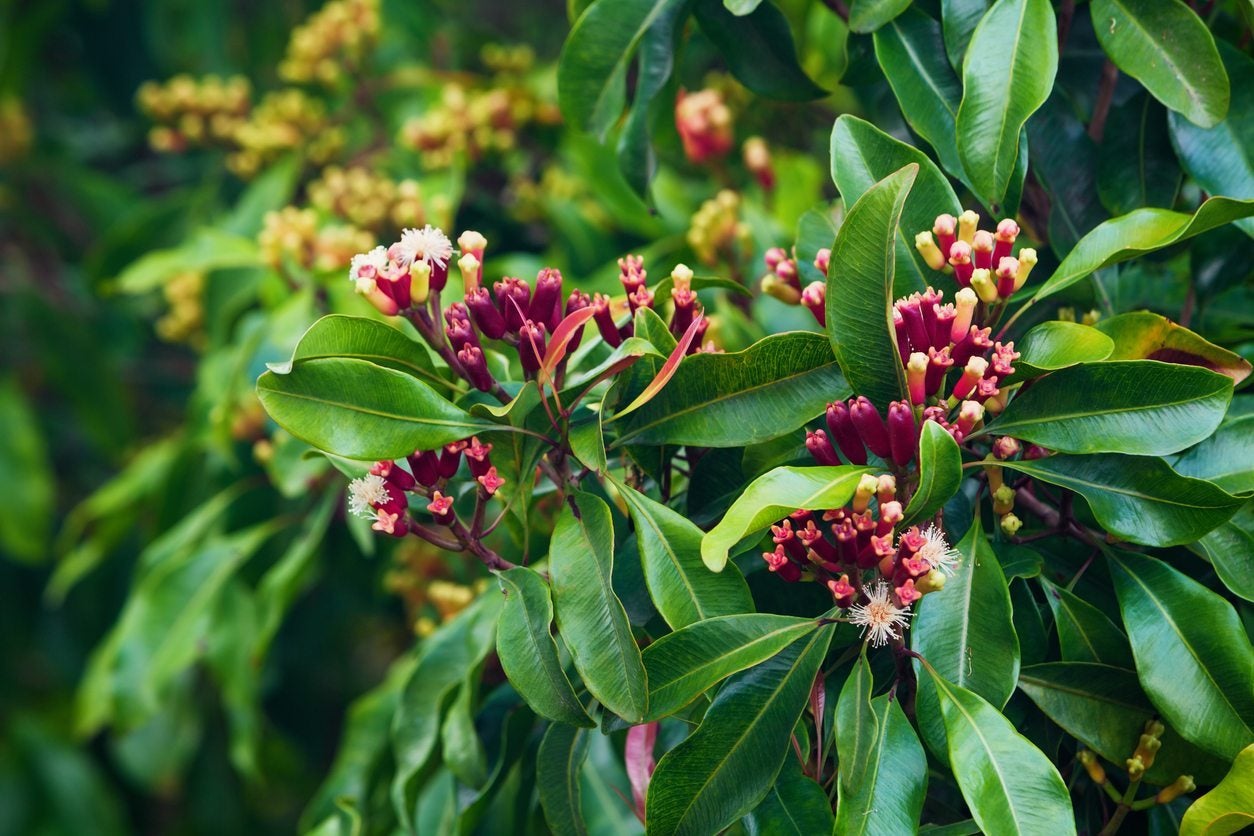 Common Clove Tree Diseases: Learn How To Treat A Sick Clove Tree
Common Clove Tree Diseases: Learn How To Treat A Sick Clove TreeAlthough they are generally hardy and easy to grow, clove trees are susceptible to several clove tree diseases. Click on the article that follows for more information about diseases of clove trees and tips on how to treat a sick clove tree.
By Mary H. Dyer
-
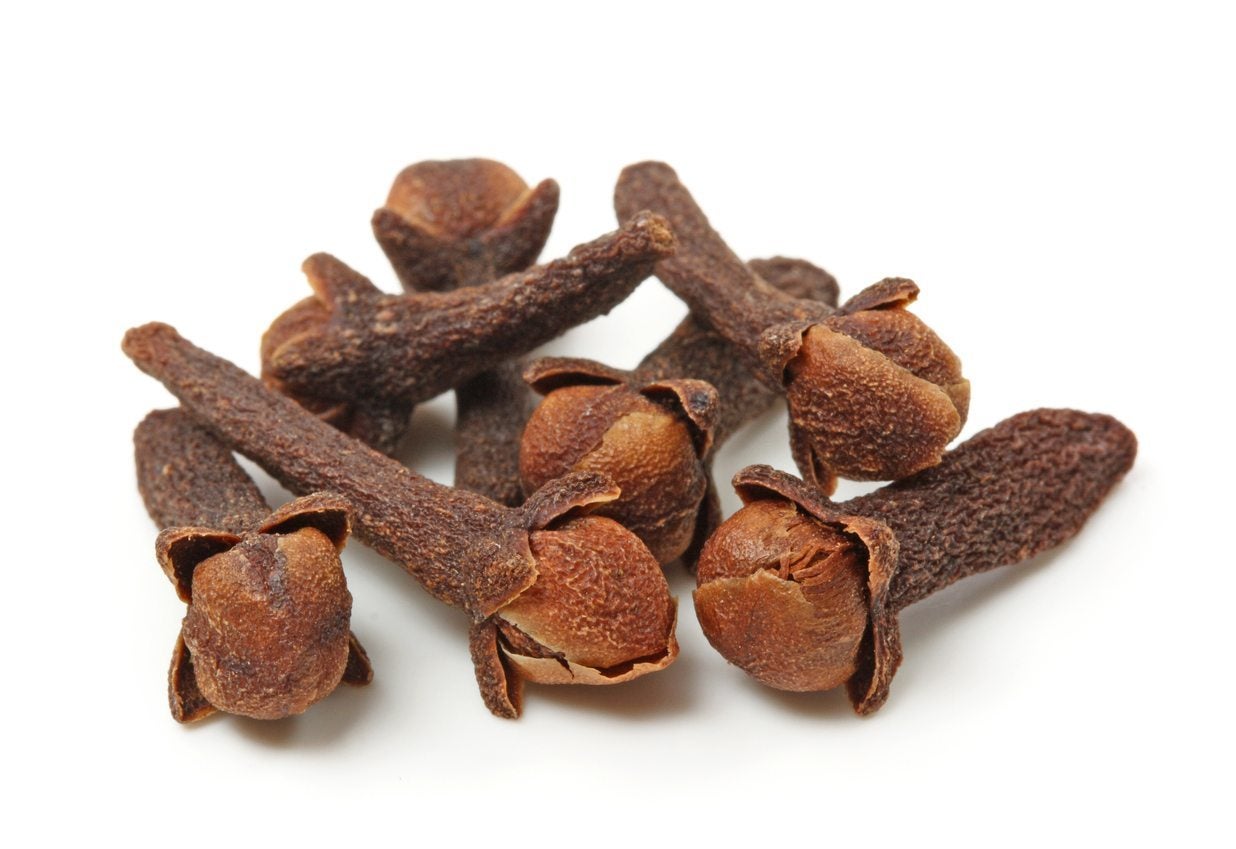 Clove Harvest Guide: Learn How To Harvest Cloves For Kitchen Use
Clove Harvest Guide: Learn How To Harvest Cloves For Kitchen UseThe cloves you use to flavor your dishes are the result of at least 6 years of growth on the part of the tree. Six years is the minimum time it takes the tree to flower. If you?re interested in learning more about the harvesting of cloves, this article will help.
By Amy Grant
-
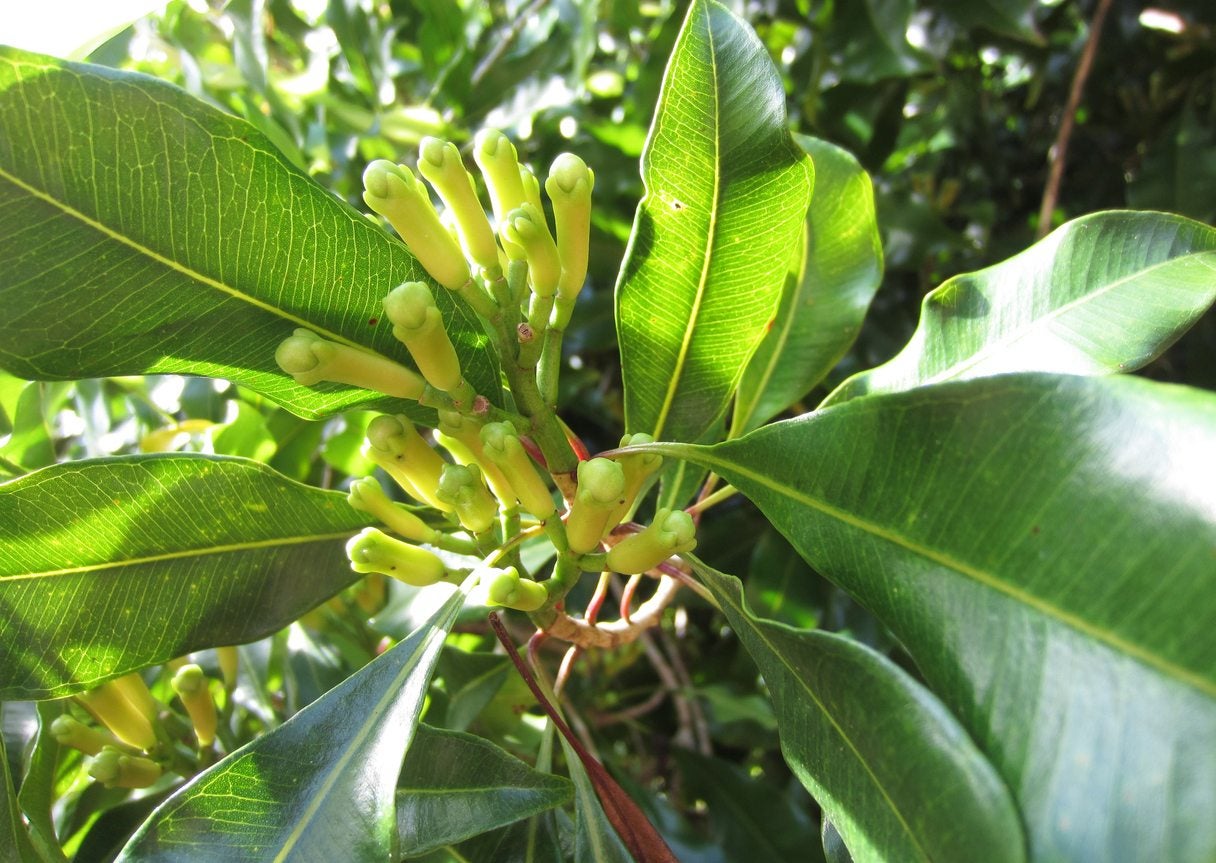 What Are Clove Tree Uses: Clove Tree Information And Growing Tips
What Are Clove Tree Uses: Clove Tree Information And Growing TipsClove trees produce the cloves you use to spice up your cooking. Can you grow a clove tree? According to clove tree information, it's not hard to grow these trees if you can provide ideal growing conditions. Learn what those are in this article.
By Teo Spengler